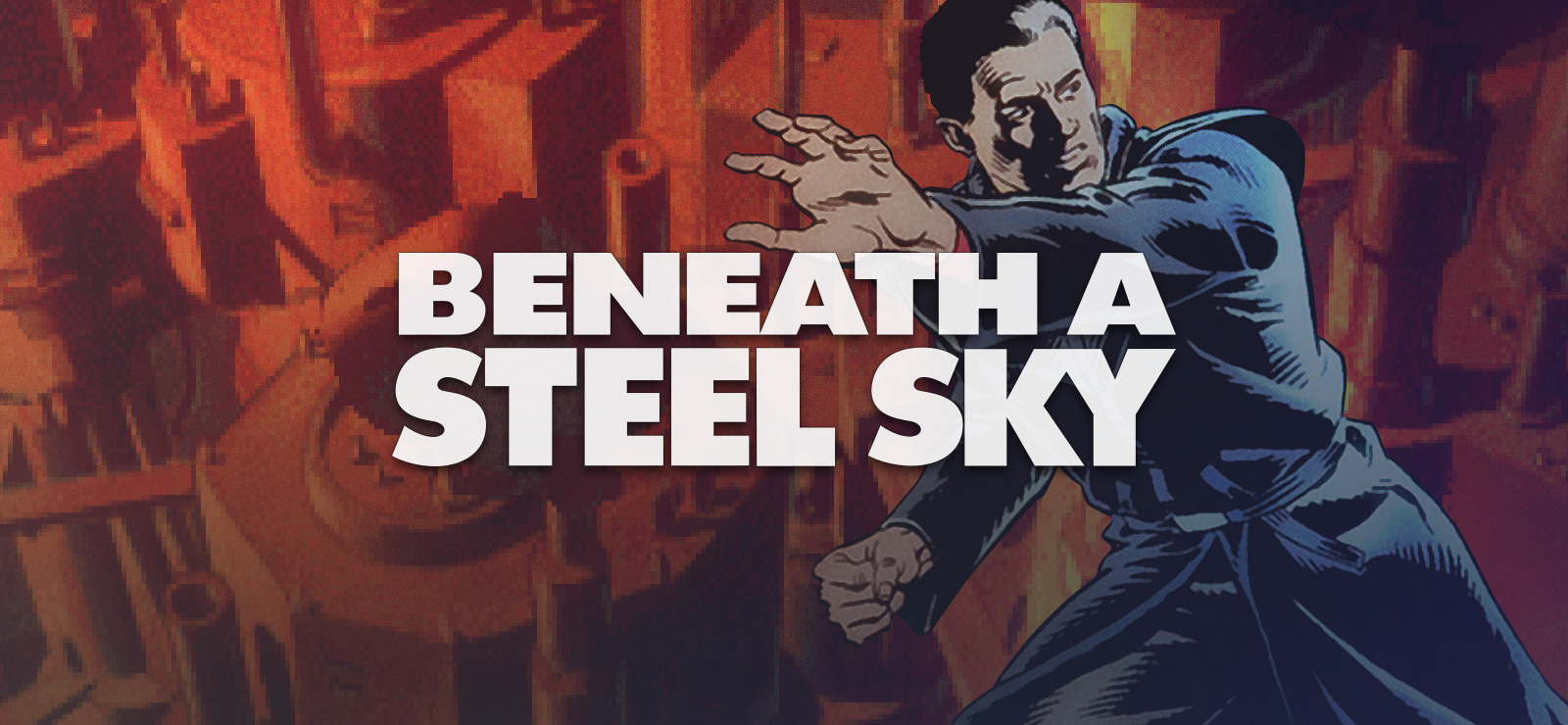
A game designer had been born, alongside a cottage industry of similarly ramshackle semi-professional text adventures that would persist for the better part of two decades. “Why don’t you write one?” Thus Cecil designed Adventure B: Inca Curse, followed by several more text adventures, all primitive enough - or, if you like, minimalist enough - to fit into a computer with just 16 K of memory. “You like telling stories,” Turner said to Cecil. In June of 1981, Turner and Thornton’s Adventure A: Planet of Death became the first home-grown adventure game ever to be sold in Britain.Īs the name of that first game would imply, Artic intended from the beginning to make a whole line of text adventures, just as Scott Adams had done. Taking note of the success that Scott Adams was having with his text adventures in the United States, Artic developed an engine for similar games on Sinclair machines. Although he was not and never would become a programmer, Cecil got pulled into other aspects of the venture, such as drawing what he describes today as “the shittiest logo.”Ĭhris Thornton, Richard Turner’s partner in Artic, owned an imported Radio Shack TRS-80 this allowed the group of friends to keep tabs on the American microcomputing scene, which had a few years’ head start on the British. There he became friends with a fellow student named Richard Turner, who had just co-founded Artic Computing, one of the very first suppliers of software for the Sinclair ZX80, Britain’s very first mass-market personal computer.



Born in 1962, he began studying engineering at Manchester University in 1980. Charles Cecil was a part of the British adventure-games scene from the beginning.


 0 kommentar(er)
0 kommentar(er)
